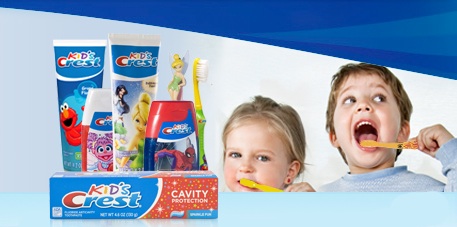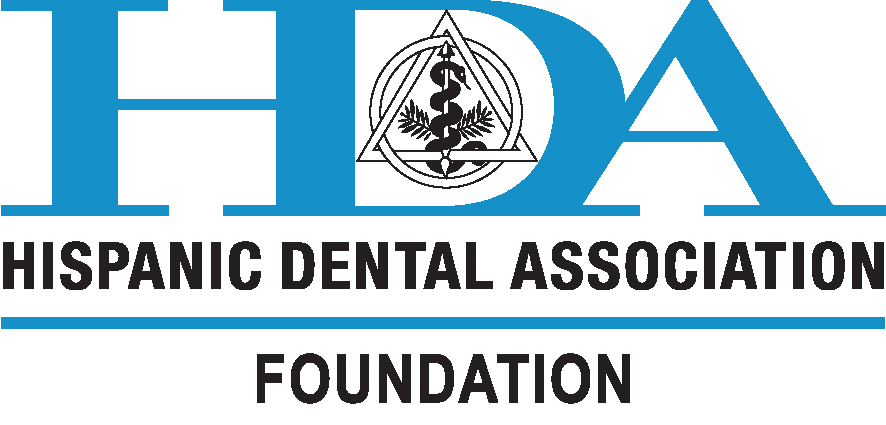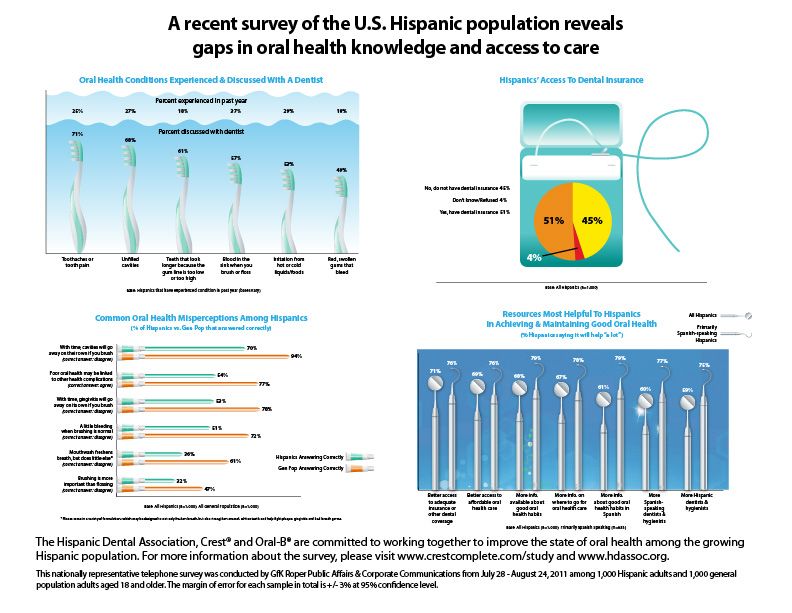It’s not uncommon to put off going to the dentist for cleanings and preventive care when there doesn’t seem to be an urgent concern. However, inattention to oral care, over time, can lead to subsequent health problems. And since a person’s teeth and smile are integral to their appearance and self-esteem, it’s vital that those preventive dental screenings not be neglected.
As a 30-something year old woman, my diligence towards keeping my teeth healthy has paid off. I have not had a cavity…ever. However, I have had to be vigilant about brushing twice a day (and even three times when needed), flossing each night, bi-annual dental screenings and cleanings, and limiting my consumption of sweets. In general, I also strive to eat healthy by including a variety of fresh fruits and vegetables which can help contribute to overall health and subsequent oral health.

As a parent, my children are constantly watching me…looking up to me…modeling me. It’s important that I not only teach them important life lessons such as oral care, but demonstrate them in my own life. While we didn’t start as early as most Pediatricians and Dentists recommend (when the first tooth erupts), we did make it a point to introduce the concept of brushing teeth around the 1 year mark. Both of my children have been to the dentist once for cleaning and check-ups, and after cavity-free visits, we’ve started the tradition of bi-annual visits.
Here are some of my tips on teaching and instilling good oral health habits in children:
1. Start early. Pediatricians and Dentists recommend beginning tooth brushing as soon as the first tooth erupts. Even before that tooth is visible, get in the habit of wiping your baby’s gums with a soft washcloth after nursing or a bottle in the evenings to prevent early tooth decay.
2. Be a role model. Children, particularly toddlers and preschoolers, emulate their parents. Utilize their curiosity and desire to be like mommy and daddy to model healthy oral care habits.
3. Involve children. Allow your toddler or preschooler the opportunity to brush his/her own teeth. Children at this age are learning to assert their independence and mastery is an important aspect of child development. If you don’t think your child is brushing adequately, perhaps you can agree to having mommy or daddy brush one of the two times each day. It’s important to allow children the opportunity to be very involved in taking care of their teeth so that eventually, they’ll understand the importance and take the initiative on their own.
4. Make it fun. I don’t know how it started, but brushing my son’s teeth always involves singing the ABCs. Whether it’s a song or a special character brush, strive to make oral care fun. If you’re really struggling with getting your child on board with oral hygiene, perhaps you can use a sticker chart and incorporate a reward system. You can also pick up an age-appropriate book on oral care like this one I found on Amazon entitled Sesame Street Ready, Set, Brush.
5. Opt for a Pediatric Dentist. In my experience, pediatric dentists approach oral care in an age and developmentally-appropriate manner. What might have been a traumatic first experience was fun and engaging. My son actually wants to go back because the staff was friendly and sensitive to his needs. The first visit included a photo, a trip to the surprise box for a treat (inedible, of course), and an incentive for coming back in 6 months.

As a mom of Puerto Rican descent, it’s disheartening to learn that the Latino population in general face barriers to achieving proper oral health. According to a study conducted by the Hispanic Dental Association, in partnership with P&G, more than half of Hispanics in the US rate their overall oral health as good or excellent yet two-thirds of them have experienced at least one issue in the past year. In general, the Hispanic population could benefit from access to information about beneficial oral health habits, affordable oral health care, and dental health care professionals that speak Spanish and/or are from Hispanic descent. Culture is vital to health and this is particularly important in the Hispanic community.

 So what are the barriers? Lack of dental insurance and misinformation seem to be the most important barriers to Hispanics achieving adequate oral care. Because disparities exist, I think it’s important that information found either in dental offices or online be presented in both English and Spanish. Additionally, companies like Crest and Oral-B could partner with local providers to offer free screenings (perhaps in a mobile clinic type setting) to the community, targeting those geographic areas demonstrated to be lacking in access to dental health care providers.
So what are the barriers? Lack of dental insurance and misinformation seem to be the most important barriers to Hispanics achieving adequate oral care. Because disparities exist, I think it’s important that information found either in dental offices or online be presented in both English and Spanish. Additionally, companies like Crest and Oral-B could partner with local providers to offer free screenings (perhaps in a mobile clinic type setting) to the community, targeting those geographic areas demonstrated to be lacking in access to dental health care providers.
You can find out more information about the findings in their Mini-Report.
Disclosure: I wrote this post while participating in a compensated campaign with Procter & Gamble and Latina Mom Bloggers. However, all opinions expressed are my own.
- Discover Luxury at Sonesta Irvine: Your Ideal Staycation - August 8, 2024
- CHOC Walk Returns to the Disneyland Resort – Special Events and Ways to Support - June 28, 2023
- Beastly Ball Returns to the Los Angeles Zoo - May 8, 2023

You rock, Mama!! As a dentist, I’ve learned without fail, that parents with poor oral hygiene have children with poor oral hygiene. If you’re interested, in my latest blog post, I’ve taken it a step further by defining the link between dental health and general health: http://bit.ly/sX1B8d
Keep on rockin’!
Dr. Sinkin